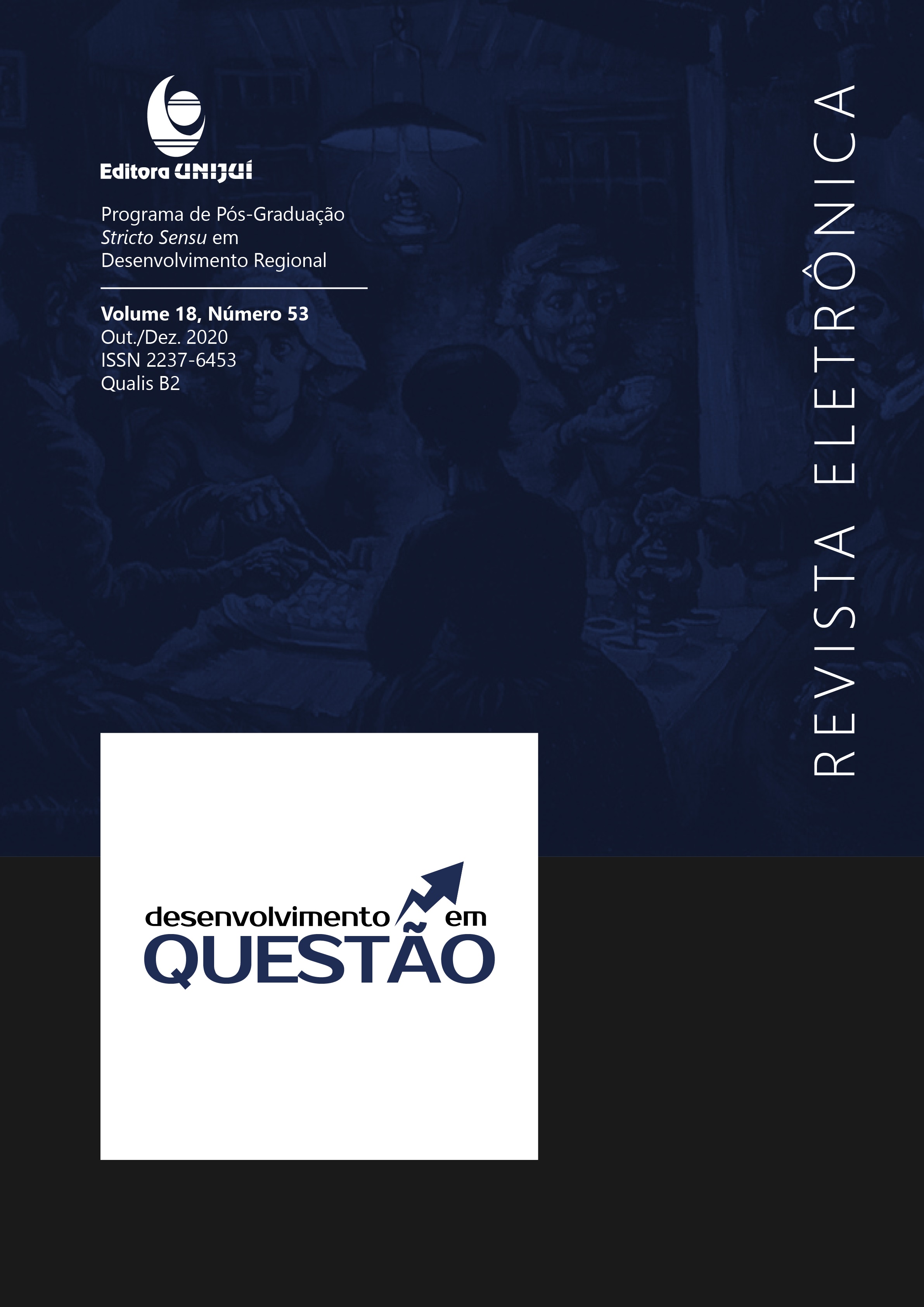MANAGEMENT AND THE MUNICIPAL HEALTH PLAN OF THE MUNICIPALITY OF CAÇADOR, STATE OF SANTA CATARINA
DOI:
https://doi.org/10.21527/2237-6453.2020.53.266-287Keywords:
State. Right to Health. Municipal Health Plan. Management Report.Abstract
The article aimed to analyze health management and Municipal Health Plans (PMS), in the municipality of Caçador, located in the Midwest of Santa Catarina. The study was conducted by the systemic method, with bibliographic research procedures, analysis of the PMS and Annual Management Reports (RAGs), by a questionnaire answered by the municipal manager and a member of the Municipal Health Council. The main results, the lack of establishing specific guidelines in the Municipal Health Plans (goals, general and specific objectives, program implementation schedule, financial control), the presentation of confusing and difficult to measure data in the PMS, as well as the lack of data for analysis of the Annual Management Reports. The need for convergence between the elements defined in the Municipal Health Plan and the analysis of these elements in the Annual Management Reports was perceived. Still, the intense popular participation in the Municipal Council is important, as well as an incisive performance of the Council in the entire cycle of municipal health management. The right to health is inherent to all Brazilian citizens, and it is up to the State to promote, prevent and ensure assistance in the event of health problems in the population. It is a right guaranteed by public social policies, following the guidelines of the Unified Health System (SUS). Nevertheless, public policies have power relations in their context. However, the decision on whether or not to implement them depends on the articulation and pressure of society and the groups that work with the government. After all, public resources are usually limited and unevenly distributed.
Downloads
Published
How to Cite
Issue
Section
License
By publishing in Revista Desenvolvimento em Questão, authors agree to the following terms:
All works are published under the Creative Commons Attribution 4.0 International License (CC BY 4.0), which allows:
Sharing — to copy and redistribute the material in any medium or format;
Adaptation — to remix, transform, and build upon the material for any purpose, even commercially.
These permissions are irrevocable, provided that the following terms are respected:
Attribution — authors must be properly credited, a link to the license must be provided, and any changes made must be indicated.
No additional restrictions — no legal or technological measures may be applied that legally restrict others from doing anything the license permits.
Notices:
The license does not apply to elements that are in the public domain or covered by legal exceptions.
The license does not grant all necessary rights for specific uses (e.g., image rights, privacy, or moral rights).
The journal is not responsible for the opinions expressed in the articles, which are the sole responsibility of the authors. The Editor, with the support of the Editorial Board, reserves the right to suggest or request modifications when necessary.
Only original scientific articles presenting research results of interest that have not been previously published or simultaneously submitted to another journal with the same purpose will be accepted.
Mentions of trademarks or specific products are intended solely for identification purposes and do not imply any promotional relationship by the authors or the journal.
License Agreement (for articles published from 2025 onward): Authors retain the copyright to their article and grant Revista Desenvolvimento em Questão the right of first publication.











